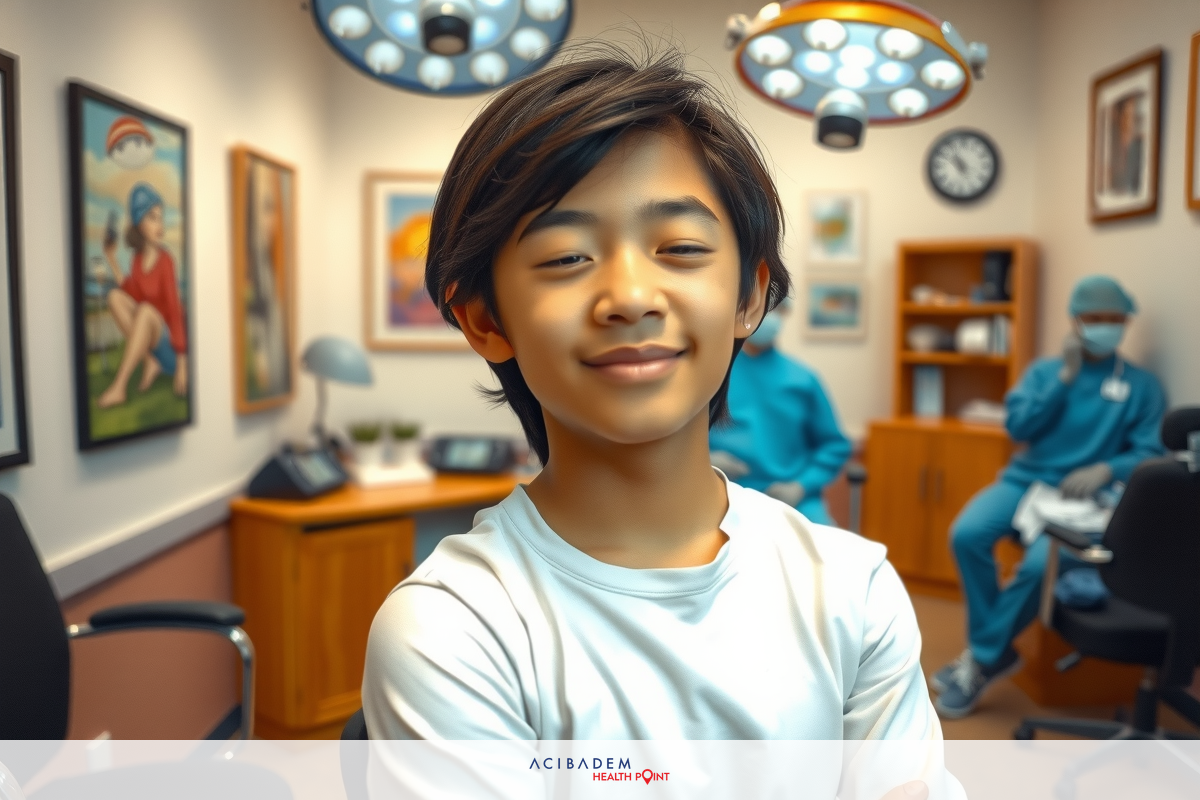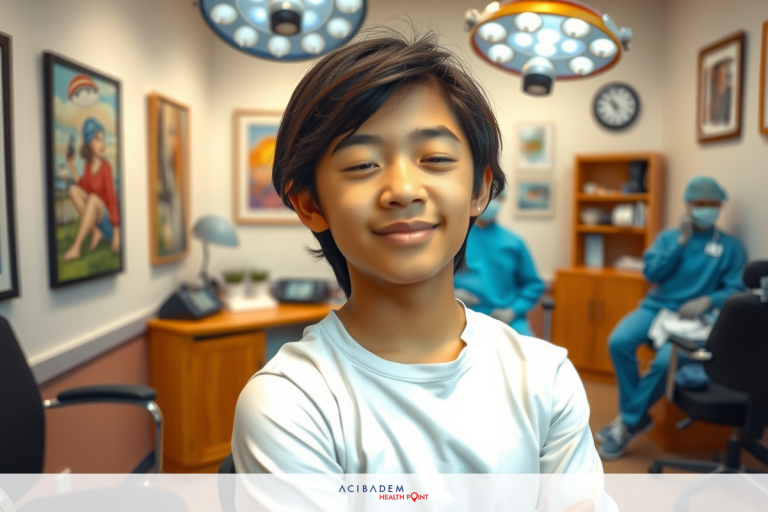Can a Teenager Get Laser Eye Surgery?
Can a Teenager Get Laser Eye Surgery? Navigating the labyrinthine world of medical options can be challenging, especially when it involves adolescents. The question of whether a teenager is eligible for laser eye surgery is one that invites rigorous investigation and thoughtful consideration. It’s not merely about age restrictions; there are several dimensions to explore.
On one hand, we have the evident benefits of such an intervention in terms of vision correction and improved quality of life. On the other hand, insurance coverage nuances may influence this decision-making process significantly. Be sure to consult your provider for precise information on these matters.
Understanding these elements will equip parents and teenagers alike with the necessary knowledge to make an informed choice regarding laser eye surgery eligibility and potential outcomes.
Age Restrictions for Laser Eye Surgery
When discussing the candidacy of a teenager for laser eye surgery, it is vital to consider age restrictions. These constraints stem from the fact that an individual’s eyes continue developing well into their early twenties. Hence, performing laser eye surgery on an adolescent may lead to suboptimal or temporary results due to ongoing ocular changes.
Teenagers often express interest in vision correction procedures like laser eye surgery, driven by desires such as improved sports performance or independence from glasses and contact lenses. Unfortunately, their eligibility might be hindered by these very age restrictions. It is important to note that while some clinics may perform surgeries on patients as young as 18 years old, many professionals recommend waiting until closer to mid-twenties when visual acuity has stabilized.
The concept of candidacy for this procedure extends beyond mere chronological age. It encompasses factors such as overall health status, stability of prescription over at least one year prior and realistic expectations about what the surgery can achieve. While eager teenagers might meet certain elements of this criteria set forth by medical professionals globally – good general health being one – they often fall short when it comes to stable prescriptions due primarily to ongoing developmental changes within their bodies during adolescence.
While there are no absolute rules forbidding teenagers from undergoing laser eye surgery, the interplay between age restrictions and eligibility criteria suggests caution and patience before proceeding with such a life-altering decision.
Benefits of Laser Eye Surgery for Teenagers
While age restrictions and the stability of vision might limit a teenager’s eligibility for laser eye surgery, it’s still valuable to consider the potential benefits. Aligning these benefits with a teenager’s unique needs can provide insight into whether this procedure may be worth pursuing once they reach an appropriate age.
The first significant benefit is undoubtedly improved vision. Through laser eye surgery, teenagers have the opportunity to drastically reduce or even eliminate their dependence on glasses or contact lenses. This newfound freedom can lead to heightened self-confidence and ease in participating in social activities often central during adolescence.
Another distinct advantage lies within the realm of physical activity and sports. Teenagers who are active in sports could find that unaided clear vision enhances their performance levels considerably, allowing them to compete without worrying about damaging eyewear.
Teenage years mark a time when individuals start planning their career paths. Certain professions require

excellent natural eyesight; early decision-making regarding laser eye surgery could potentially open doors towards such careers later down the line.
Quality of life is undeniably impacted by one’s ability to see clearly without aid from glasses or contacts—a gift that laser eye surgery offers liberally once ideal candidacy requirements are met.
While immediate eligibility may not always align with teenage years due primarily to age restrictions and ongoing ocular development during adolescence, understanding these myriad benefits provides ample reason for considering this procedure as part of future plans.
Consulting Your Insurance Company
Insurance coverage for medical procedures, particularly elective ones like laser eye surgery, often hinges on a complex web of factors. It becomes imperative for parents of teenagers considering this procedure to initiate an open dialogue with their insurance provider. This conversation aims not only to evaluate the potential financial implications but also to understand the nuances and stipulations that might affect eligibility and coverage.
When discussing laser eye surgery with your insurer, consider asking about whether age restrictions apply in terms of coverage. In some cases, insurers may cover procedures only once a certain age threshold has been crossed – typically aligning well with when ocular development stabilizes and optimal results can be achieved from such surgeries. Inquire about any conditions tied to the stability or severity of refractive errors that may influence approval for coverage.
Understanding these prerequisites will help shape expectations around feasibility and timing for undertaking laser eye surgery during teenage years or later in life. Another aspect warranting attention is post-operative care: ensure you know what kind of follow-up treatments are covered under your policy as these play an integral role in successful recovery and vision correction outcomes.
Taking time out to consult your insurance company could provide crucial insights into planning this significant decision more strategically while ensuring all possible contingencies are accounted for within your financial plan.
Frequently Asked Questions
At what age can a teenager usually get laser eye surgery?
Typically, the recommended minimum age for laser eye surgery is 18 years old. However, many professionals suggest waiting until mid-twenties when ocular development stabilizes.
Does insurance cover laser eye surgery for teenagers?
Insurance coverage varies significantly from one provider to another and also depends on individual policy stipulations. It's essential to consult your insurance company directly for accurate information.
What are the benefits of laser eye surgery for teenagers?
Laser eye surgery can potentially improve vision drastically, thus reducing or eliminating dependence on glasses or contact lenses. This can enhance self-confidence and ease in social activities while enabling better sports performance and opening up career options that require excellent natural eyesight.
Are there any risks associated with performing this procedure at a young age?
The primary concern with performing laser eye surgeries during teenage years lies within ongoing ocular development which may lead to suboptimal or temporary results post-surgery. Most professionals recommend waiting until visual acuity has stabilized before undertaking such procedures.
The answers provided above are intended solely for informational purposes and do not constitute medical advice.








